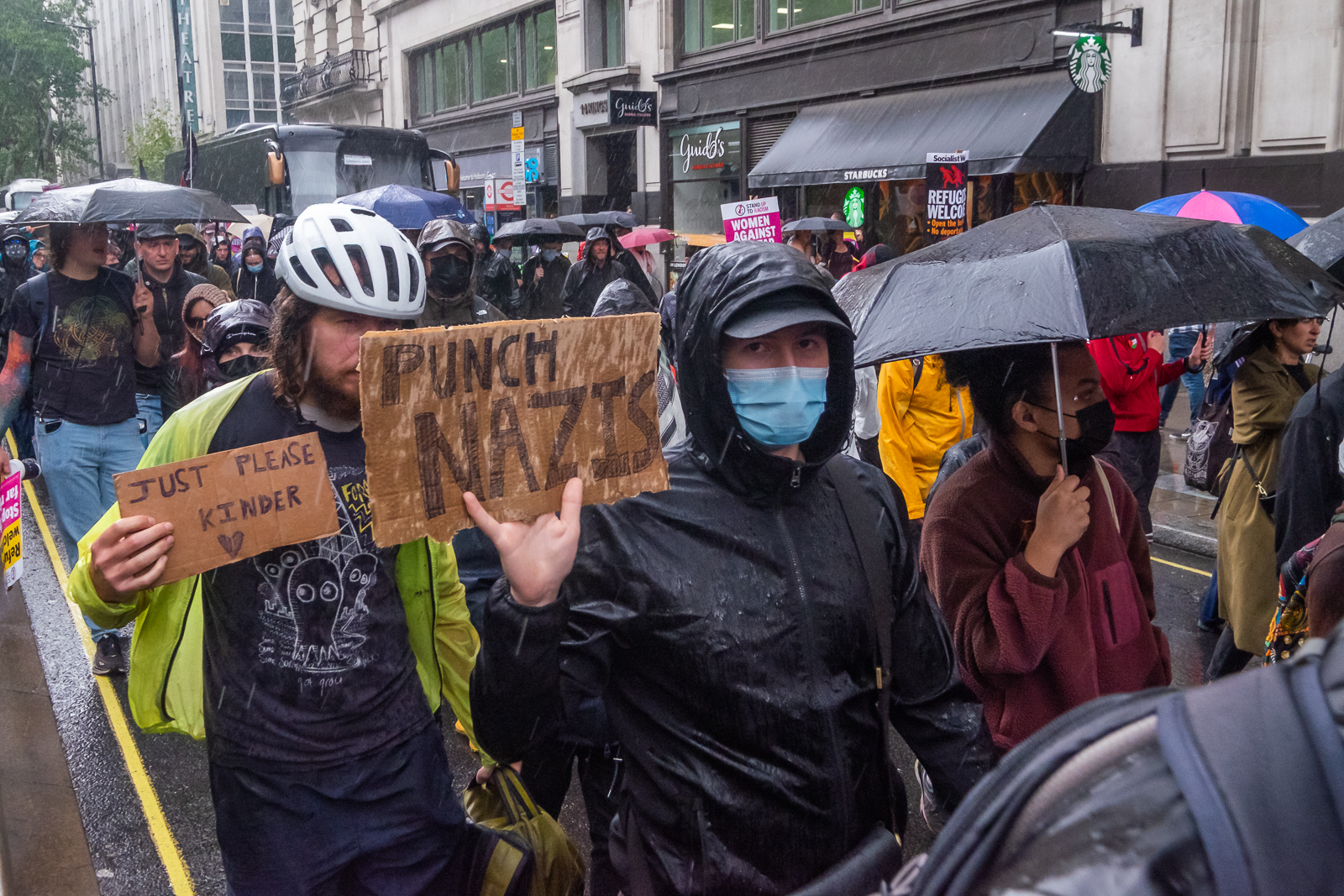Freedom’s winter edition highlights solidarity across borders, then and now
Internationalism’s a twisty beast, prone to making fools of us all. Just take the Leninist left’s insistence that Maduro, or Castro, or Xi Jinping (of all people) are worthy of our undying loyalty as opponents of Western imperialism. Autocrats given a pass on their obvious and ongoing destruction of social freedoms because they wave a red flag around.
But the year’s events in Palestine have been a truly heinous example of this reality as it applies to the powers that be. We’ve seen a maddened Israeli politic level the homes of millions, kill tens of thousands and starve many more. Netanyahu’s quest to stay out of jail and his Knesset allies’ outright pro-ethnic cleansing policies have set fire to the Middle East.
But rather than call this mass murder out for what it is the US and, to a lesser degree, the UK have shown how they view internationalism, as a cynical exercise backing particular horses in the great game. It took Sunak and Starmer more than 11 months to grudgingly suspend some (10% of) arms sales for the IDF, in which time first Gaza, then the West Bank, and Lebanon were relentlessly pummelled.
And it was not simply a bunch of imagined “terrorist sympathisers” or deluded anti-Semites who called them out on it. The South African government, reflecting a population that remembers apartheid all too well, took Israel to the international court, which ruled there was “a plausible risk of genocide”. The UN has spoken up. International votes have been clear on the matter. NGOs as beige as Oxfam have petitioned for more comprehensive measures to be taken.
But Starmer and co. swan on, placid in their internationalism of the moment. And of course, why wouldn’t they be? The UK Foreign Ministry is after all the most stable of the great offices of state, inscrutable in its aims, placed out of reach of serious oversight by a public that’s only vaguely interested in it, for the most part. Them out there are only a big deal if it affects us in here, and the politicians of Westminster know it well.
Hence, of course, the other major moments of Starmer’s early reign. The trip to America must be prioritised, obviously, but the second greeting was for Giorgia Meloni, to learn from her how best to join the internationalism of closing borders. A far-right leader whose deputy Salvini was so egregious, with his “closed ports” policy as interior minister, it sparked a court case accusing him of kidnap.
Starmer was full of praise for this brutal regime, thoroughly embedded in Fortress Europe as the bloc collectively pays thugs beyond its borders to terrorise and repress Earth’s tired and powerless masses for having the temerity to approach without sufficient money.
Sir Keir’s Labour is welded to the hypocrisy of it all, begging inward migration from millionaires while decrying the feckless poor both inside and beyond the grand moat provided by the North Sea. Sucking up to powerful economic blocs while mouthing vague platitudes about dying neoliberal values of free trade to placate the orthodoxies of Blairism circa 1997. Worse even than the Leninists’ internationalism of fools, it’s an internationalism of the graveyard.
We need the revival of a long-quietened opposition, of an internationalism that unites the working class to kick the legs out from this tottering zombie and put it six feet under. In this issue of Freedom we take a look at some of the work that is taking place, and which went before in the building of solidarity across borders.
Dave Morris talks about the McLibel campaign in the context of spycops and taking a transnational corporation to the cleaners. Ben Cowles recalls the immense work that goes on under the radar as migrant support groups work in defiance of aggressive policing, while other articles address prisoner support work, and the Zapatistas’ holistic, solidaristic approaches to education.
Several touch on or recount elements of the major wave of internationalist revolt that took place arond the Millennium, fighting globalised capital in its pomp before falling apart in the wake of post-9/11 reaction.
There are many lessons in this issue but the most important of them is this. Isolated, we struggle and always will. Our rulers know the value of collectivity. To rise up to meet them we must do the same, and better. Our futures depend on it.
This editorial first appeared in Winter 2024/25 issue of Freedom.








